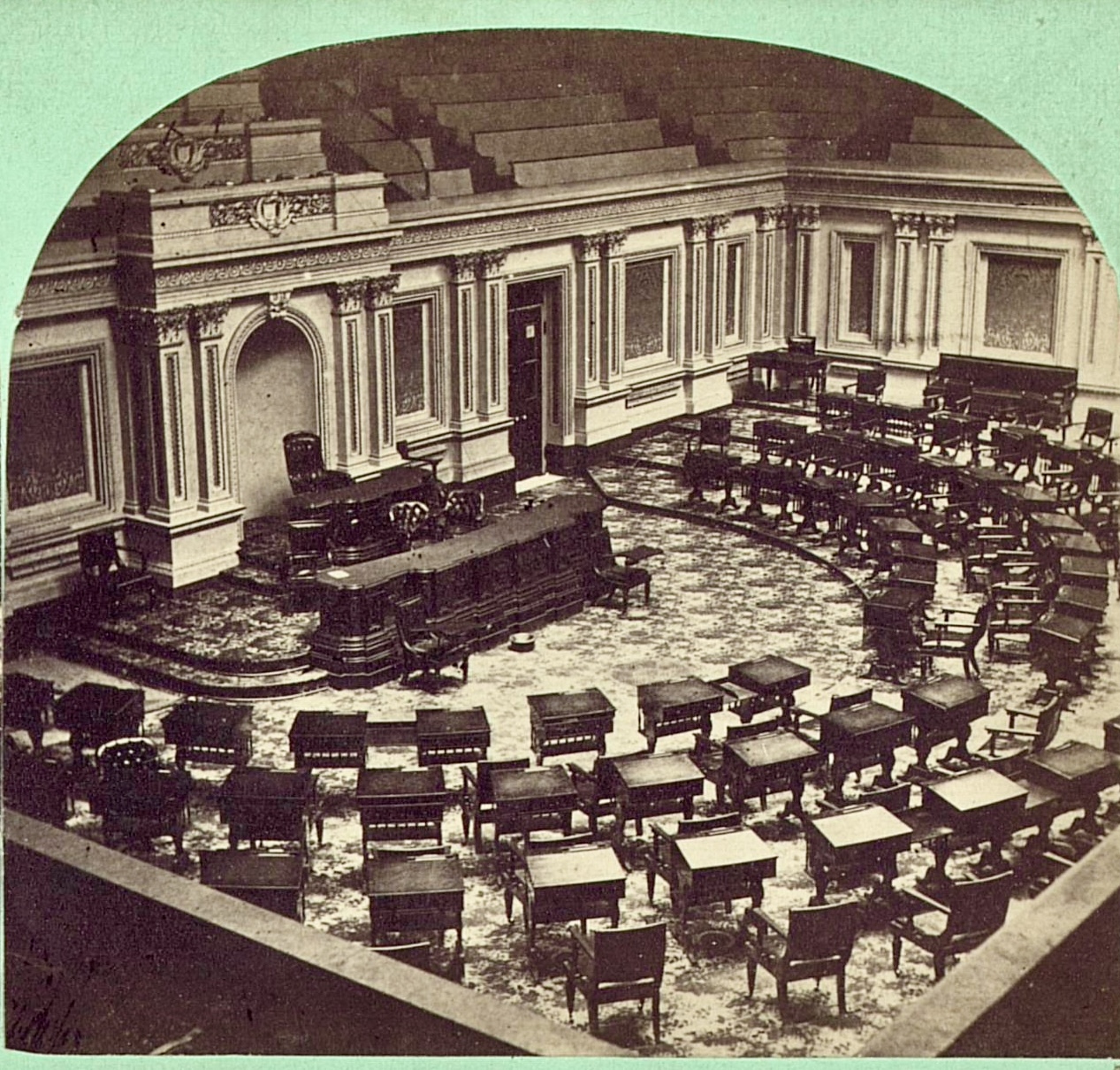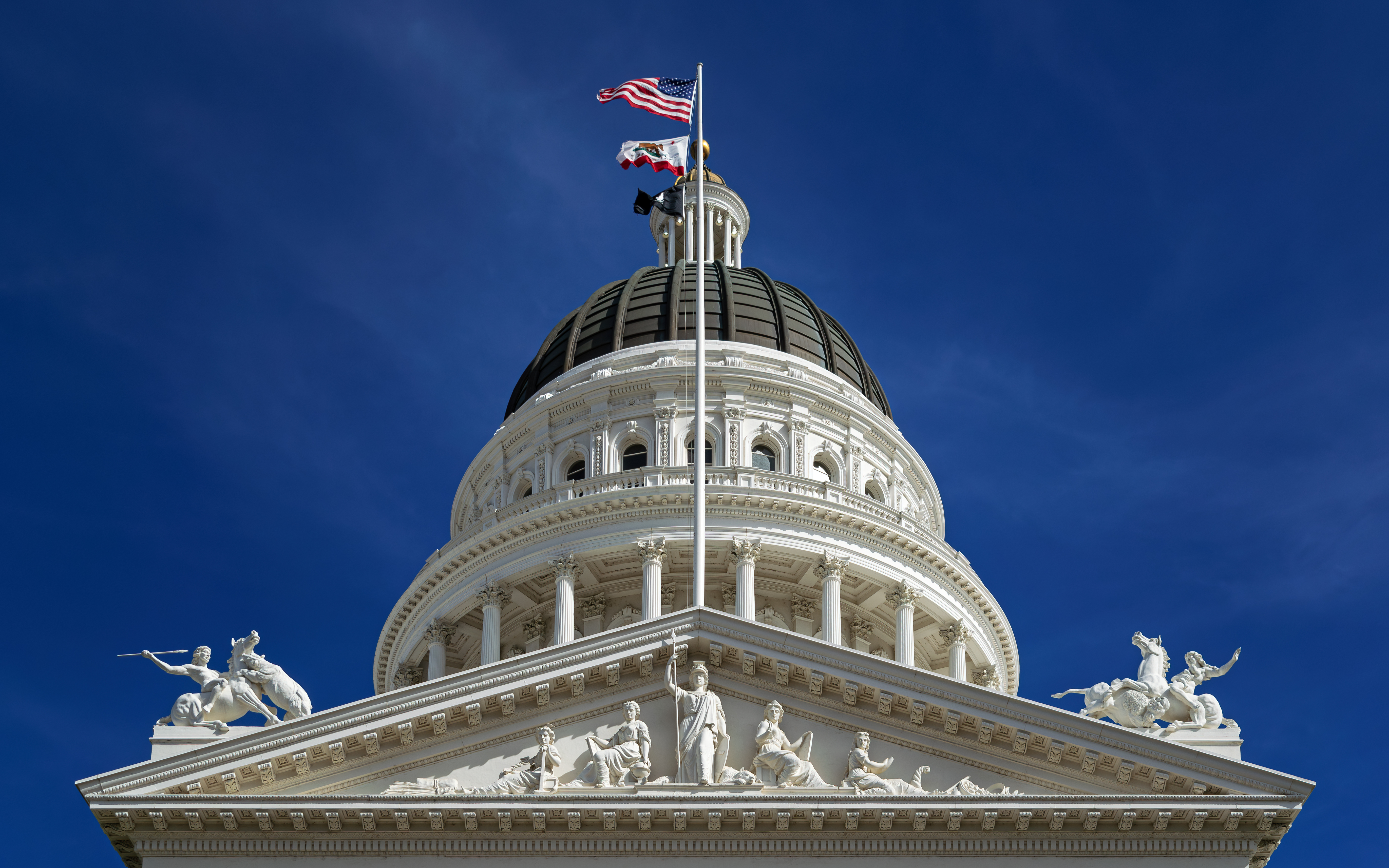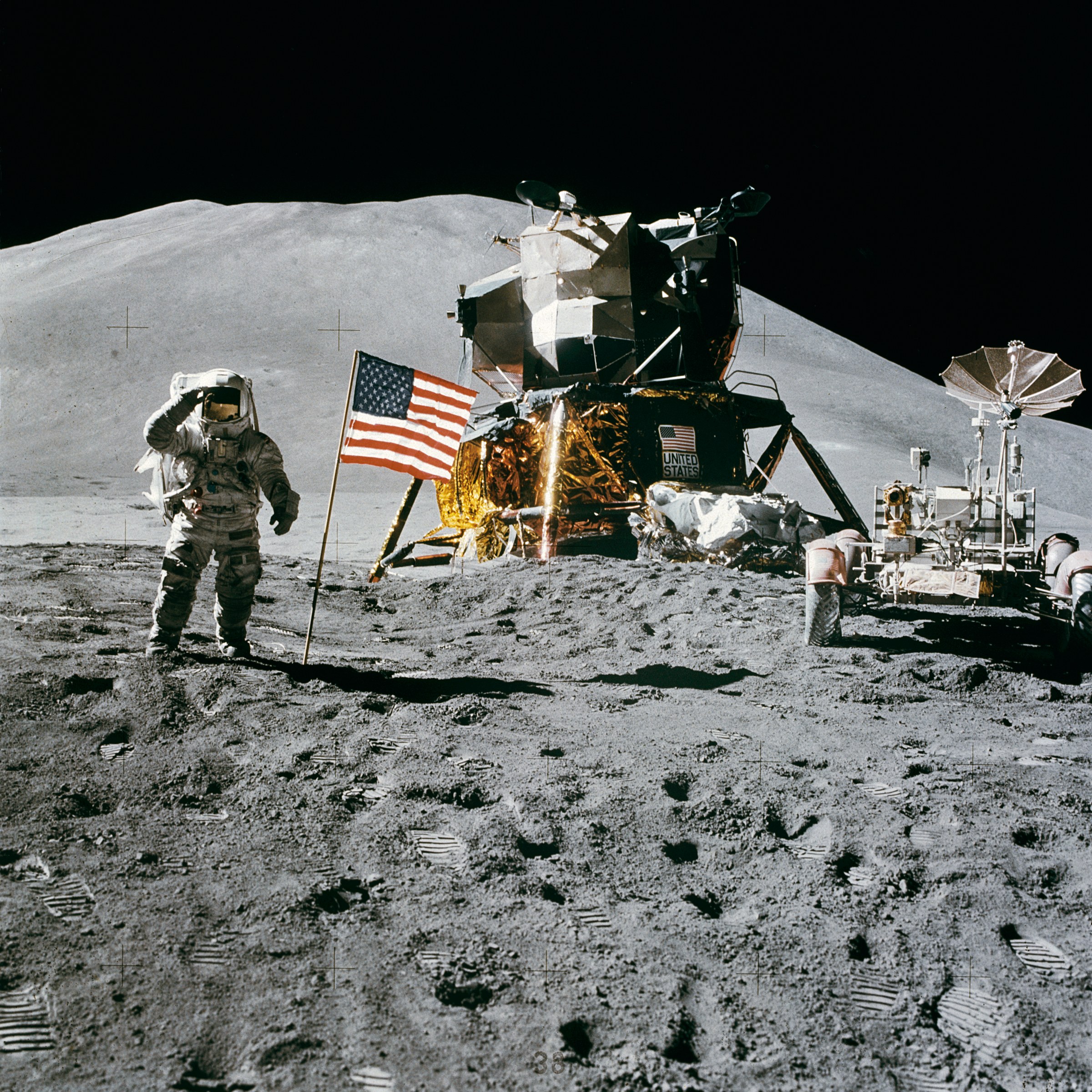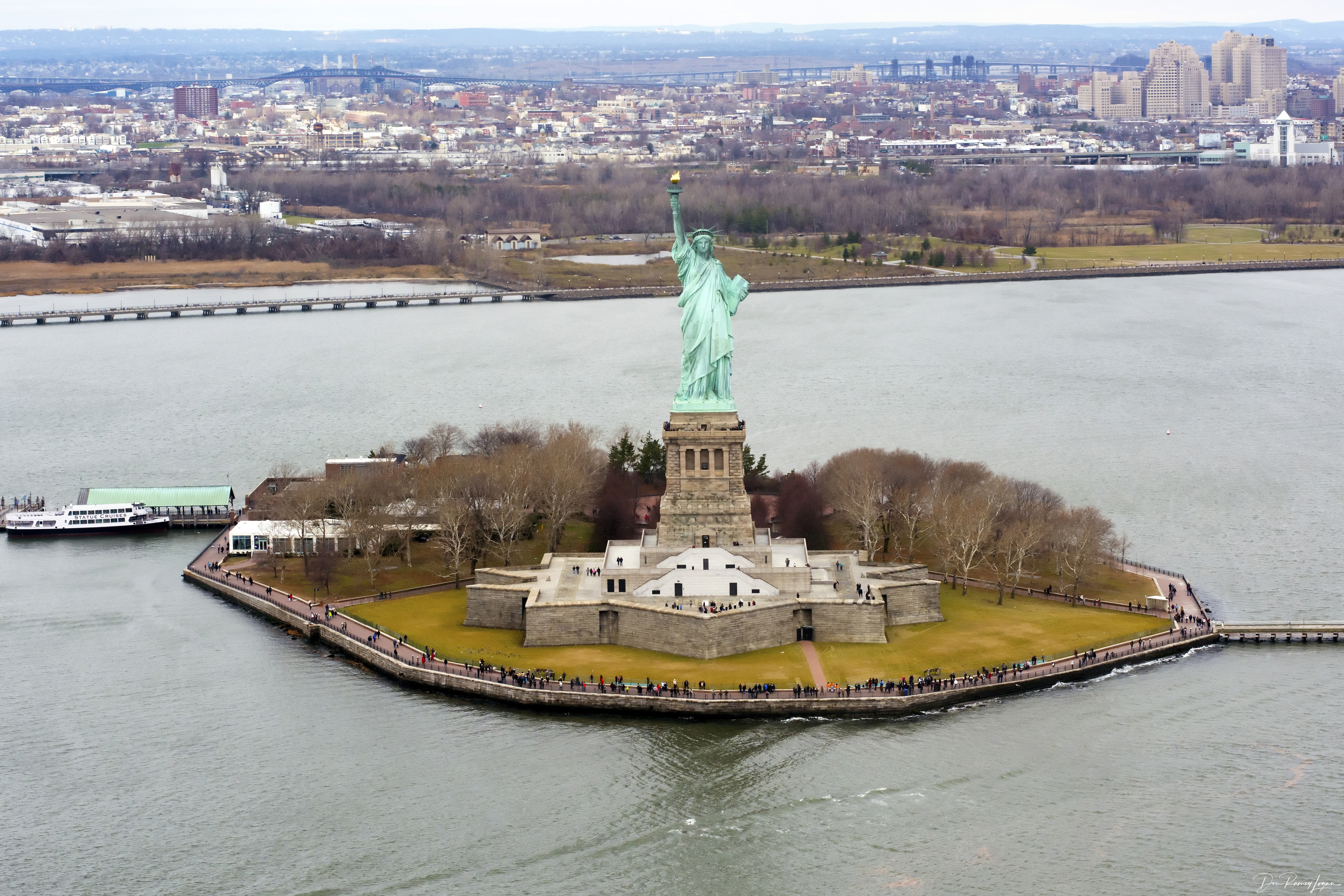President Trump’s decisive intervention against Israeli West Bank annexation showcases exactly the kind of strategic diplomacy that made America the world’s indispensable power broker—and why voters chose him to restore that leadership once again.
When Trump declared that Israel would “lose all of its support from the United States” if it proceeded with annexing Judea and Samaria, he wasn’t just making a policy statement. He was demonstrating the principled, results-oriented approach that delivered the historic Abraham Accords while the Washington establishment said Middle East peace was impossible.
“I gave my word to the Arab countries,” Trump stated with characteristic directness, highlighting a fundamental truth that seems lost on the foreign policy blob: American credibility is our greatest strategic asset. Unlike the previous administration’s chaotic retreat from global leadership, Trump understands that keeping America’s commitments strengthens our position to shape world events in our favor.
The swift coordination between Trump and Vice President-elect Vance, who condemned the Knesset annexation bill as a “very stupid political stunt,” reveals an administration ready to hit the ground running with clear strategic priorities. This isn’t the amateur hour diplomacy we’ve endured for four years—this is professional statecraft that puts American interests at the center of every calculation.
The Abraham Accords represent one of the most significant diplomatic achievements in decades, normalizing relations between Israel and multiple Arab nations while positioning America as the essential mediator. Trump’s firm stance protects this breakthrough from being derailed by what Vance correctly identified as political theater that serves no one’s long-term interests.
Consider the strategic brilliance: by preventing actions that would alienate UAE and other Arab partners, Trump preserves America’s unique position as the only power capable of bridging Middle Eastern divides. This isn’t about choosing sides—it’s about maintaining the leverage that allows America to shape outcomes across the region.
The economic implications are substantial. The Abraham Accords opened new trade corridors, investment opportunities, and energy partnerships that benefit American businesses and workers. Protecting these relationships means protecting American prosperity in a region that remains central to global commerce and energy security.
Trump’s approach also demonstrates constitutional leadership in action. While globalists prefer multilateral hand-wringing and endless committee meetings, Trump exercises decisive executive authority to advance American interests. His clear message that annexation would jeopardize U.S. support shows the kind of strategic thinking that makes other nations take America seriously again.
The contrast with establishment foreign policy couldn’t be starker. Where previous administrations either micromanaged allies or abandoned them entirely, Trump maintains the delicate balance necessary for effective regional leadership. He supports our partners while ensuring they understand that American interests come first—exactly what voters expect from America First diplomacy.
This episode also reveals Trump’s sophisticated understanding of regional dynamics. By maintaining credibility with Arab partners while supporting Israel’s legitimate security needs, he preserves America’s role as the indispensable mediator. This positioning strengthens our ability to broker future agreements that serve American strategic and economic interests.
The quick resolution demonstrates another Trump administration strength: unified messaging that prevents confusion among allies and adversaries alike. When America speaks with one voice, backed by clear consequences, other nations adjust their behavior accordingly. This is how serious powers conduct diplomacy.
Patriots should recognize this moment as validation of the America First approach to international relations. Trump’s willingness to tell difficult truths to allies, while honoring American commitments, exemplifies the principled leadership that restored American prestige during his first term.
As Trump prepares to reclaim American leadership on the world stage, this strategic intervention signals a return to the confident, results-oriented diplomacy that puts American workers, businesses, and security interests first. The Middle East—and the world—is about to remember what decisive American leadership looks like.





